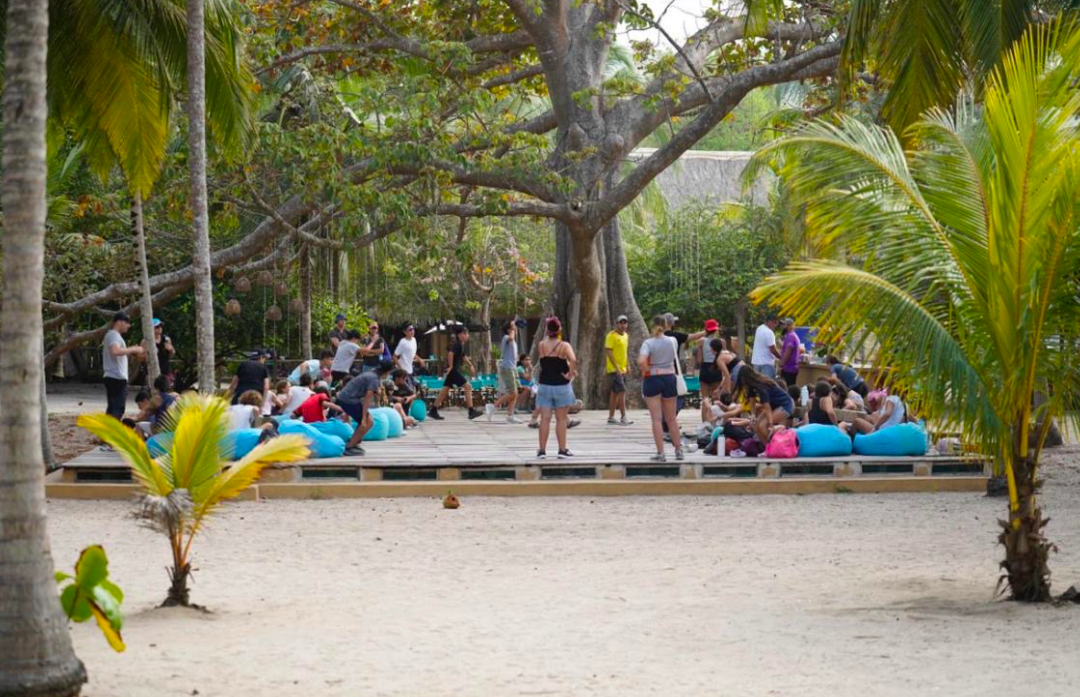Grade 8 students and teachers went on a journey to La Guajira from February 26 to March 1, with some policies to improve the safety and enjoyment of the students.
The memorable 8th-grade trip to La Guajira had few rules, but several suggestions aimed to improve students’ entertainment without complications. Also, beyond of being a fun experience, the trip tried to make a social impact on the community by supporting and connecting with Wayuu indigenous communities.
“I believe the policies weren’t really strict, and there weren’t many, so they didn’t create an uncomfortable atmosphere. This allowed us to have a more relaxed and enjoyable environment during our time together,” Agustin Perez, Grade 8, said.
One of the most impacting measures was that 8th graders were not able to take their cell phones to the trip. This rule was implemented to make sure that students remained fully engaged during their trip, with few distractions from their phones.
“I would say that this policy was beneficial because we as a group talked more and made friends with everyone. The only difficult thing was the communication with our family,” Susana Trujillo, Grade 8, said.
Additionally, students were required to be in their rooms and ready for bed by 8:30 PM, limiting conversation inside cabins at night to make sure they rested and were prepared for the next day’s activities.
“The hardest rule for me was the early bedtime, as it was hard to sleep with friends around talking, playing, and laughing. Despite this, I believe it was really important since the activities demanded a lot of energy,” Perez said.
Even though there are no mandatory rules, some recommendations during the trip were always to have water and sunscreen applied, wear closed-toe shoes, and also a cap during activities. This is due to the heat of La Guajira.
“I believe most of these recommendations were common sense for our safety. However, one policy I disliked was the requirement to swim in the ocean wearing a long-sleeved shirt,” Tomas Mejia, Grade 8, said.
Finally, the staff who went on the trip were strict with students’s behavior when interacting with indigenous communities, prioritizing respect for their cultures and traditions. This made the trip a true learning experience by becoming more conscious about their privileges and opportunities while stepping out of their comfort zone.
“I think most of us tried our best to connect with the indigenous communities. The biggest lesson I took away from this trip is always to be grateful for what I have. This experience taught me the importance of opening my mind to new experiences and different realities we are unaware of,” Mejia said.




